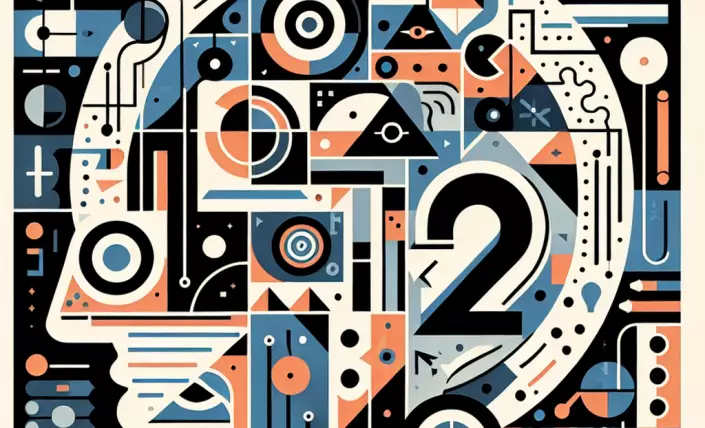In the depths of our being lies an intrinsic drive that propels us through life, a force that Friedrich Nietzsche famously termed the 'Will to Power.' This concept challenges the very core of human existence, urging us to reconsider our motivations, ambitions, and the nature of reality itself. Nietzsche's philosophy is not merely a doctrine of self-aggrandizement or a call to dominate others, but rather an invitation to explore the profound chaos within and harness it for personal transformation.
The 'Will to Power' posits that our actions are driven not by a desire for survival or reproduction, as traditional Darwinian thought might suggest, but by a fundamental urge to assert and expand our influence in the world. This notion challenges the conventional moral frameworks that define good and evil, encouraging a reevaluation of values that are often accepted without question. Nietzsche invites us to embrace the chaos of this drive, to revel in the unpredictability of our desires, and to recognize that the pursuit of power is not inherently evil but an essential aspect of human nature.
Embracing the 'Will to Power' requires courage to confront the shadows within, the darker impulses that we often suppress in the name of societal norms. Nietzsche's philosophy encourages us to acknowledge these aspects of ourselves, not as flaws to be eradicated, but as elements of our identity that can be harnessed for growth. By embracing our inner chaos, we cultivate a more authentic existence, one that is not bound by external validations or conformist pressures. This journey is not without its challenges; it demands a relentless questioning of established truths and a willingness to forge one's own path amidst uncertainty.










